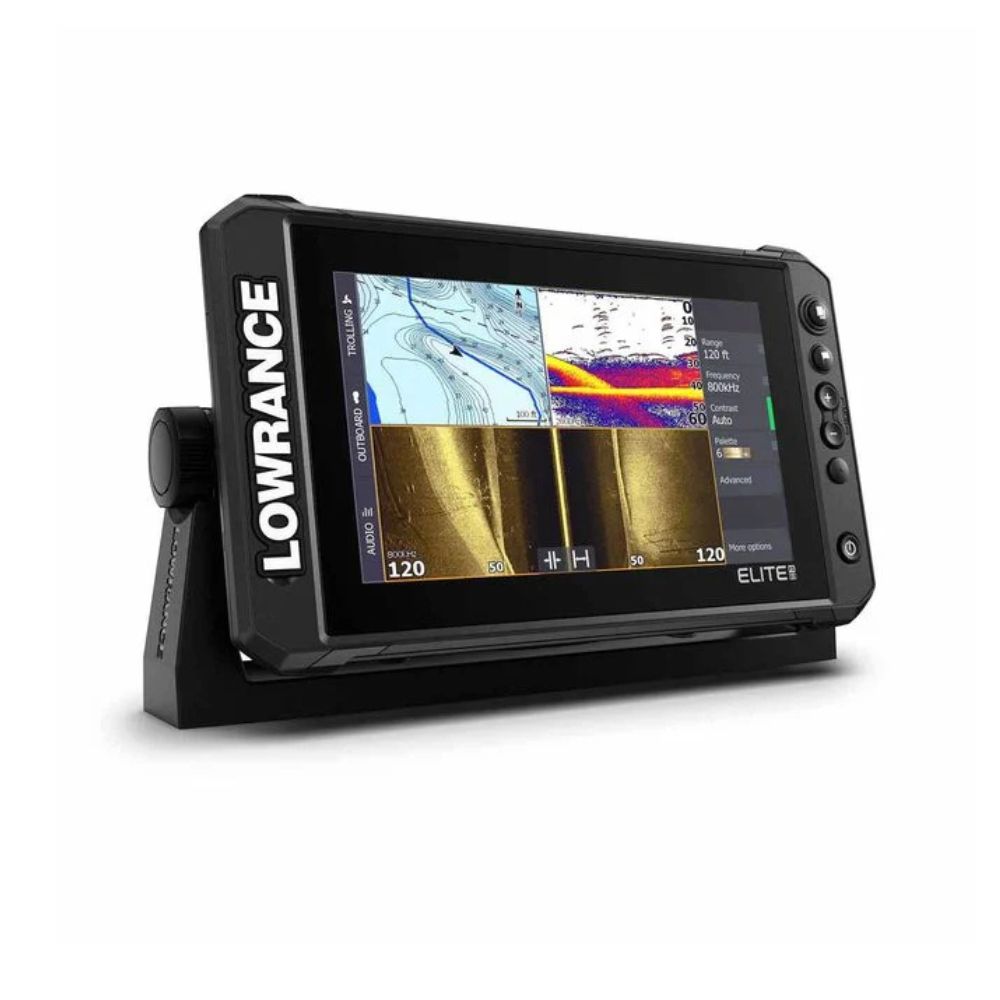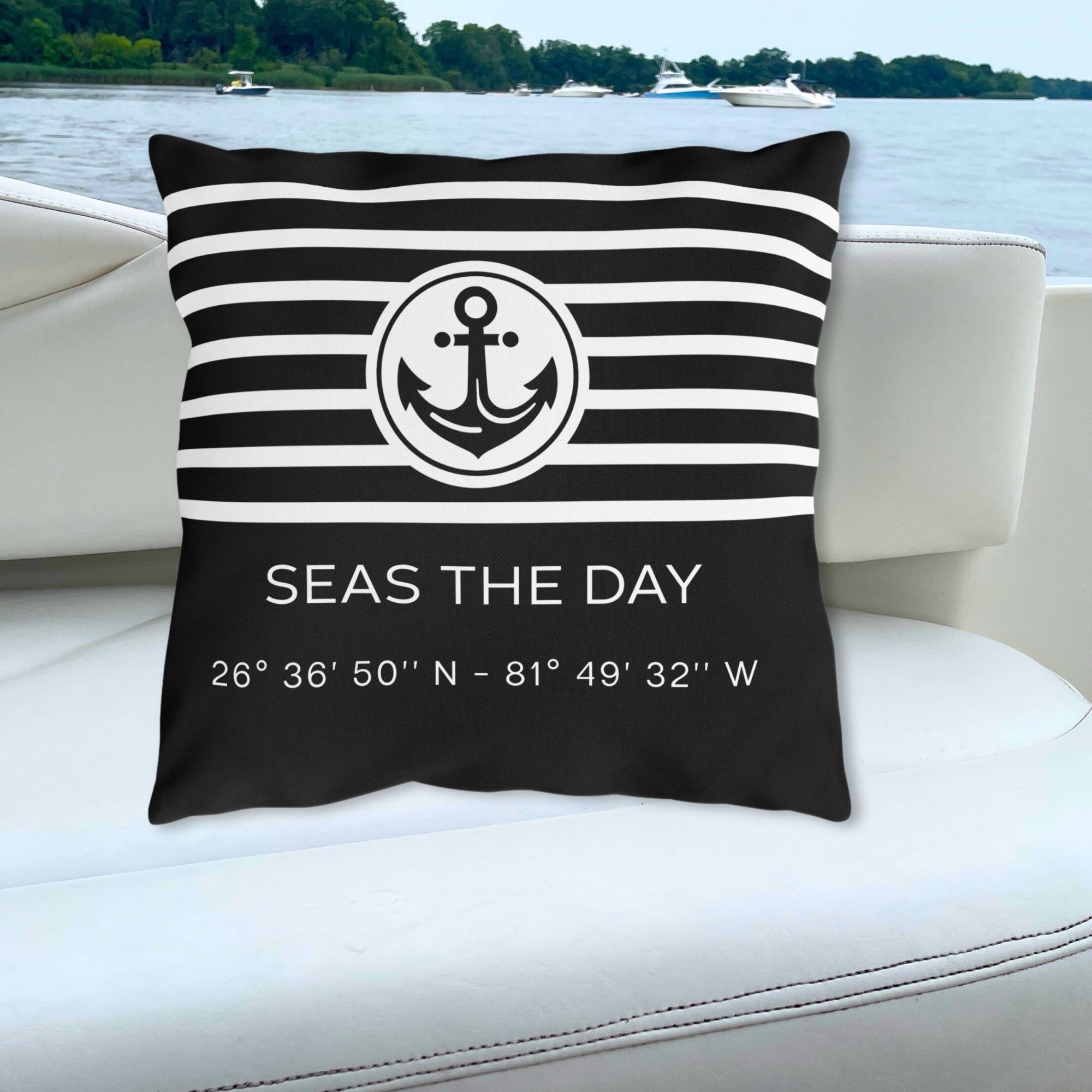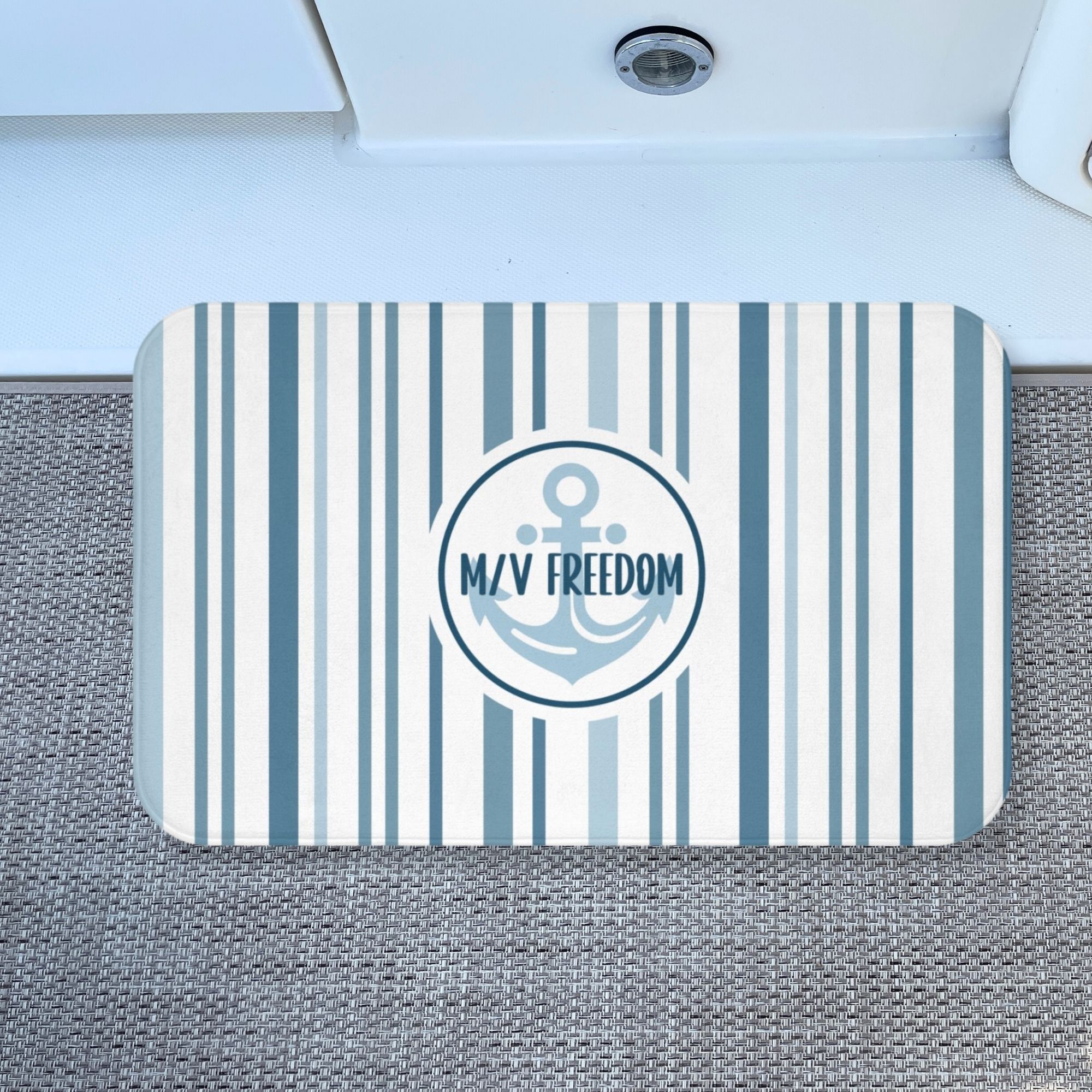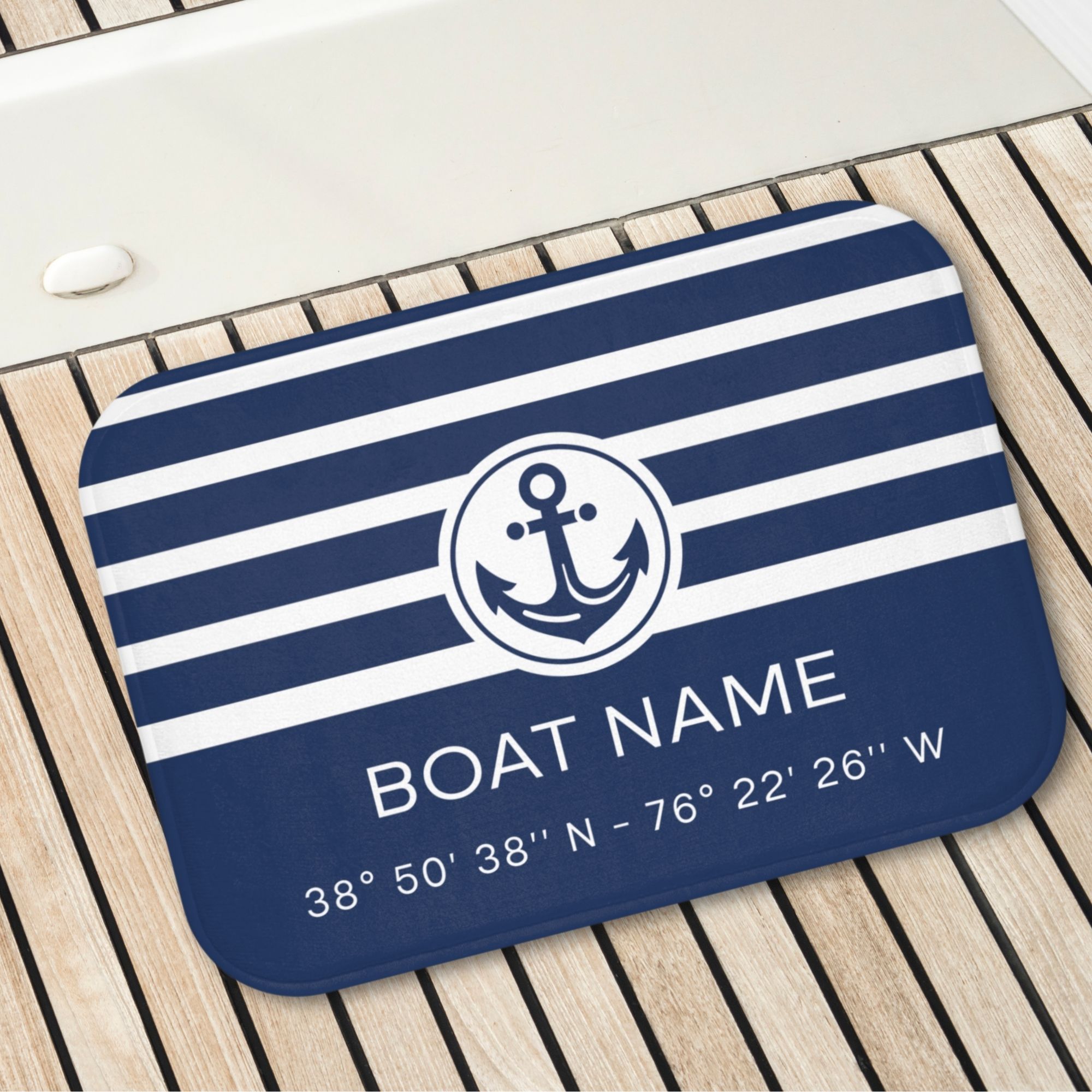How to avoid identify theft risks when boating using public Wi-Fi internet at marinas or making social media status updates
Traveling by boat is a liberating experience, but you have to be vigilant of the same risks that all travelers on land face.
Last year, nearly 12 million Americans fell victim to identity theft. This figure represents a 13 percent increase in identity theft over the past three years, and the U.S. Travel Insurance Association attributes this jump in part to the rise of social media use among travelers.
You may want your family, coworkers and friends to see how fabulous this marina is, but posting those pics of your trip and checking in online may open yourself to identity theft.
A few precautions can ensure that your boating trip and your credit history aren’t ruined by identity theft.
Guard Your Smartphone and Laptop
After using your smartphone, put it back where it belongs. USA Today reports that consumers lose an average of 2,200 smartphones per year just at the nation’s busiest airports, and according to Lifelock, these devices can be a virtual gold mine to an identity thief. To ensure that you are protected in case you do lose your phone, secure it with a password and always log out of your social media accounts.
Avoid Public Wi-Fi
It’s tempting to check out your social media accounts while sitting by the hotel pool or relaxing over a latte, but check these accounts using the data connection on your smartphone rather than the public Wi-Fi network. Criminals can access almost any page you visit while on public Wi-Fi.
They may start by accessing your Facebook account, but they may progress to stealing your bank account details. Data collected by the Better Business Bureau (BBB) indicates that 10 percent of consumers have the same password for their bank accounts as for their social media accounts, and nearly 40 percent of people use similar passwords for all their online accounts. If you fall into either of these categories, change your passwords.
The information found on your social media account like your name, address, birth date and hometown can provide a clever identity thief everything he needs to compromise your identity. He (or she) may even be able to click through your list of friends and figure out your mother’s maiden name, an oft-used key to many financial accounts.
Be Vigilant
Nearly 70 percent of identity thieves use private messaging tools on social networks to send scam URLs to their victims, reports the BBB. In one common fraud, the perpetrator accesses a relative’s account and sends you a private message with a plea for cash. If you see anything that looks unusual, take a moment to assess the situation. Never click on a link unless you know and trust who sent it, and if you get an odd message from a relative, call before taking any action—especially before sending money.
Get Strict
Facebook reports that approximately one-third of its users have their profiles set to public. If you’re posting details of your travels on your wall, virtually anyone can see when your house is empty, where you are and other personal details. Protect yourself by using strict privacy settings.
Most Facebook users have hundreds of friends, and Twitter users may have thousands of followers, many of whom they may have never met in real life. When posting sensitive information, curtail who can see your updates. Both of these sites (and most other social networks) let you determine who can see what, and don’t hesitate to leave some people out of the loop.
Trending Now: Must-Have Boat Gear for Your Boat Life
Trending Now: Custom Boat Decor
-
Boat Pillow with Boat Name & LAT LONG Coordinates
Quick ViewBuy on Etsy -
Boat Pillow with Boat Name & LAT LONG Coordinates- Black
Quick ViewBuy on Etsy -
Coastal Blue Stripes Bathmat with Anchor & Boat Name
Quick ViewBuy on Etsy -
Custom Boat Mat with Boat Name & LAT LONG Coordinates
Quick ViewBuy on Etsy
Disclosure: This site may contain links affiliated with companies where we receive compensation. Also, as an Amazon Associate we may earn from qualifying purchases we refer but it does not impact the price you pay. Full disclosure policy.













